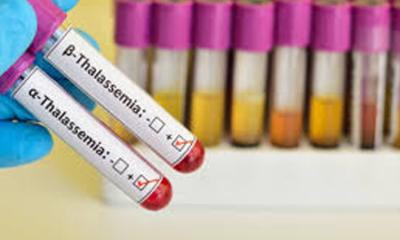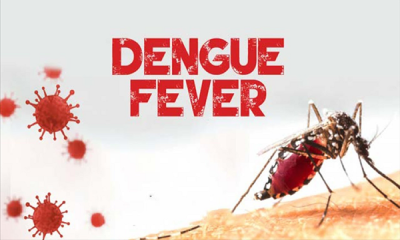Last July, more than 20 children were admitted to the Paediatric Emergency Unit of the Edward Francis Small Teaching Hospital in Gambia with kidney failure. Many received dialysis, the usual treatment. Nearly all died.
Doctors were mystified, four of them told Reuters: They usually see one or two such cases a year. Consultant paediatrician Vivian Muoneke, a 33-year veteran, was scared.
"I had never seen anything like this,” she said. “It was like an epidemic."
It was the rainy season; Gambian health ministry officials thought the problem was contaminated water. But Muoneke and her colleagues suspected the children had been poisoned.
Three months later, the deaths of more than 70 Gambian children from Acute Kidney Injury were linked by global health officials to cough syrups made in India and contaminated with ethylene glycol (EG) and diethylene glycol (DEG). The patients were the first of about 300 children killed worldwide last year by contaminated cough syrups, not all of them made in India. It was the deadliest total poisoning on record from toxins that have been known to scientists for decades.
As authorities search for a culprit in this case, the story of how the Gambian doctors raised the alarm, then pushed for weeks for health officials to test for chemical poisoning and ban cough syrup sales, has not been previously reported.
Delays in testing the medicines cost weeks. When completed with help from the World Health Organization (WHO), the tests showed the medicines contained extremely dangerous levels of the toxins and had been sold in bottles wrongly labelled as WHO-approved, Reuters found.
Pharmaceutical experts have warned for years about lax oversight of drugs made in India, whose industry supplies nearly half of the generic medicines used in Africa. India’s health regulator says it found no fault with the medicines.
The Gambian case appears to be the first documented example of DEG poisoning from imported rather than domestically produced medicines, a group of experts from Gambia and the U.S. Centers for Disease Control and Prevention said. The tragedy shows the difficulties faced by a poorly resourced country in identifying and removing harmful products, the experts said.
“There is not enough consequence when your drugs have been found to fail quality tests in a small African country,” said Jude Nwokike, vice president of the Promoting the Quality of Medicines Program at U.S. Pharmacopeia (USP), a non-profit partly funded by the United States that helps set drug-making standards globally. “That really needs to change."
Indian authorities closed the factory that made the drugs in October. Government inspectors found their manufacturer, Maiden Pharmaceuticals Ltd, had violated rules "across its manufacturing and testing activities." Maiden Managing Director Naresh Kumar Goyal told Reuters he had "not done anything wrong" and did not respond to further questions. He was keen to reopen his plant.
Goyal has since been convicted of manufacturing lapses that occurred a decade ago. Court documents did not note how he pleaded.
In December, India’s health regulator said it did its own tests and found no toxins in the syrups. Government officials said the WHO had failed to prove a causal link to the Gambia deaths and accused the agency of denigrating its $41 billion pharmaceutical industry, according to a letter from the regulator to the health agency reviewed by Reuters.
“It is absolutely clear that WHO has not established … a direct link between the consumption of the concerned cough syrups made in India and the deaths of children in Gambia," said India’s health ministry in a statement to Reuters.
The WHO says establishing that link is not the point.
“The issue is not about proof of causation,” said WHO spokesperson Margaret Harris. The toxins found in the Maiden syrups “should never be ingested by human beings.”
Similar poisonings – involving cough syrups made in Indonesia and by a different company in India – emerged later, in Indonesia and Uzbekistan. Police in those countries have arrested and charged chemicals traders, importers and regulators with improperly selling industrial-grade chemicals as suitable for pharmaceutical use, or failing to test the products.
In January the WHO sounded the alarm over the safety of cough syrups globally.




-20260106082251.webp)

-20251231101531.webp)







-20260226080139.webp)






-20260225072312.webp)










-20260219054530.webp)
-20260224075258.webp)





-20260221022827.webp)